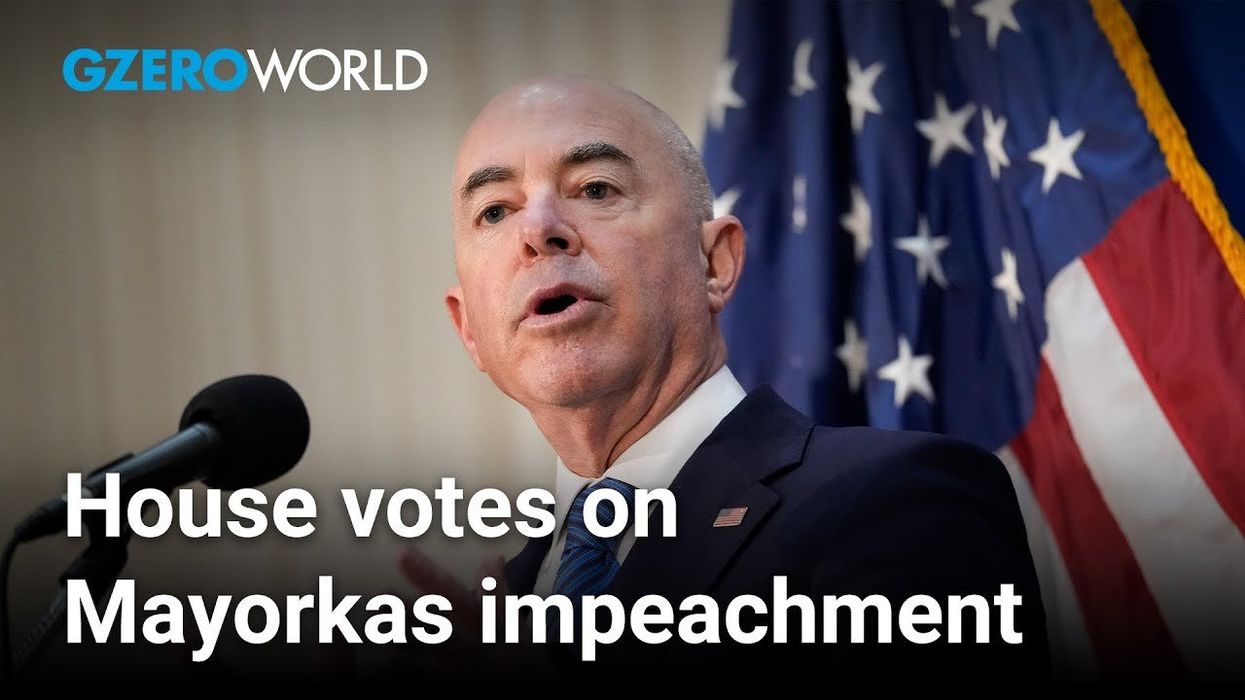US Politics In 60 Seconds
What's next after MTG fails in bid to oust House Speaker Mike Johnson
This week, Rep. Marjorie Taylor Greene learned that if you come to the king, you better not miss. Her bid to boot Speaker Mike Johnson took a lot of the wind out of future rebellions against him this year, says John Lieber.
May 09, 2024







